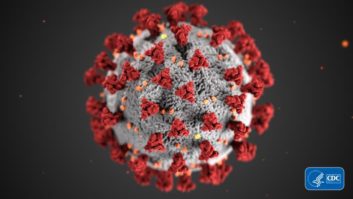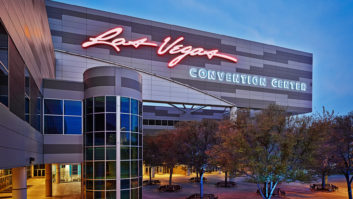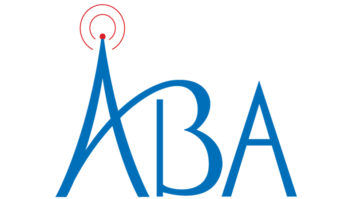The author is membership program director of the National Federation of Community Broadcasters. NFCB commentaries are featured regularly at www.radioworld.com.
Coronavirus, or COVID-19, has become a focal point of the nation. Travel, education, sports and public events have all been impacted by fears of the virus’ spread. And with the World Health Organization declaring COVID-19 a global pandemic, one can guess this situation is prompting a great deal of caution.
What is a radio station to do in the midst of a coronavirus outbreak?
For many outlets, automation and federal policy changes on studios have meant business as usual continues. For many others that welcome and interact with the community, the spread of coronavirus has prompted deeper questions about safety, service and trust.
The National Federation of Community Broadcasters issued a directive this week on COVID-19 response for radio stations. We address some of the key decisions before community radio stations in particular. The biggest issues boil down to relevance, engagement and your internal base.
[Read: Community Broadcaster: Four Top Fund Drive Fumbles]
What is a community radio station without trust? How can we say we are community oriented if we are not relevant to the lives of the listeners, donors and wider region to which we broadcast? As much as we at community radio stations may worry about our canceled events and hand sanitizer supplies, these questions are the major ones, because they speak to who we are and why we do this work.

While I have written many columns on this subject, the emergence of COVID-19 should push every community radio station to be in touch with and actively involved with local first responders. Every state, county and city has an emergency preparedness team, often composed of area leadership, police, firefighters and media. These teams want broadcasters at the table. In addition, they have the most accurate and up to date information available to share with audiences.
Being connected with your station’s state and county first responders will help you cut through the misinformation and outright falsehoods that circulate on social media and elsewhere. If you are a mixed-format, news, or music station, you’ll have to decide how you distribute information with your audience. If you don’t do a lot of news, perhaps this is a time to test fly, or maybe you will want to stick with public service announcements and website updates. The choices you make will be determined by your resources and availability of support to pull it off. Be realistic with what you can do, and don’t be afraid to rely on whatever emergency response infrastructure may be available to you locally.
Last but surely not least, your station will have to take a thorough but measured approach to your obligations related to staff and volunteers. Proper care for staff and volunteers includes all the stuff we have heard about: having hygiene and cleaning protocols in place; educating volunteers about not coming in sick or if they’ve been exposed to sick people; and being able to respond if and when absences come up. However, stations will also have to contend with more complex matters like sick leave, remote delivery of programming and having a team in place to help your station address an emergency as needed. You may also have to shift culture. Community radio tends to attract people who want to help and to be there in a pinch, but safety is paramount.
For community radio stations that have eschewed automation systems, COVID-19 may impress upon you to have contingencies. The reality is people will get ill or feel unsafe to come in, and finding a live substitute DJ may prove challenging. While there are free and open source packages like Rivendell, at the moment they may be out of the question given their learning curve as well as the immediate need a station has. How you handle this at your station is a priority.
Despite the wave of universities closing up, most college and community radio stations are doing their best to stay open. If your station has not been seriously impacted by COVID-19, today is the day to act.






